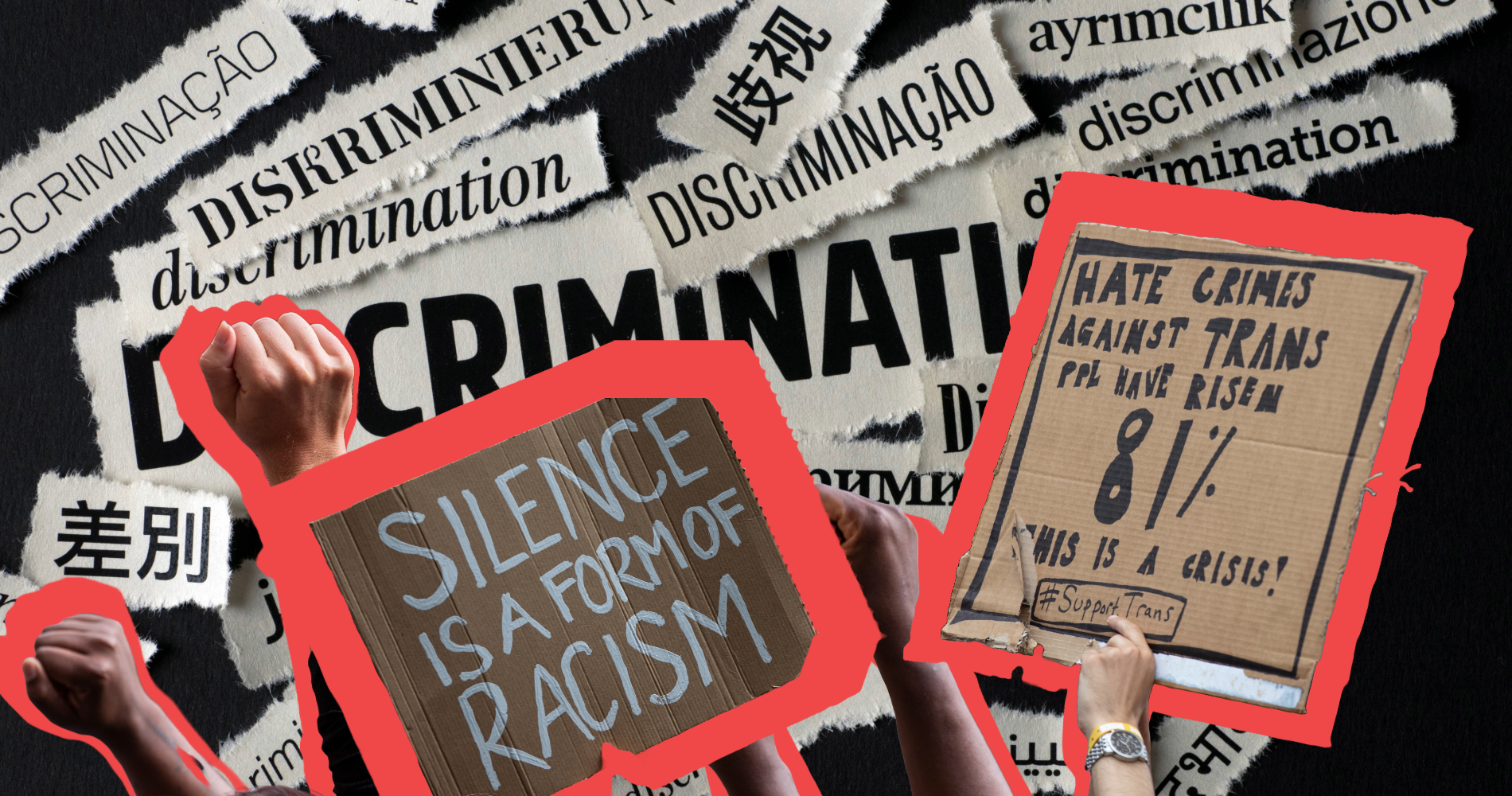Alberta Education Minister Adriana LaGrange is very concerned that teachers in classrooms across the province are turning students into anti-oil zealots. Her evidence? Two multiple-choice questions from a grade 10 Social Studies test, reportedly sent by a parent, that appear to cast aspersions on oilsands development (the offending options have been helpfully highlighted).
In the first, students were asked to identify the most valid criticism of oilsands development; in the second, they were asked to read a quote and then select one of four possible responses best describing the author’s main point.
No further context was provided in the tweet, but the Minister certainly seemed perturbed about how two multiple-choice questions requiring students to diagnose a particular perspective was evidence of “politics in the classroom.” Ironically, as some on Twitter pointed out, this type of question is entirely in line with the 2005 curriculum which was developed under the previous Conservative government.
The Minister’s indignation was amplified by ex-politician and political commentator Danielle Smith who claimed that, even as a child, she knew social studies teachers were Marxists, and that to save money we should be “getting rid of [teachers] who are administering tests like this.”
Multiple-choice tests are one method of teaching about topics — even controversial ones — without ever suggesting there is a right or a wrong answer; the focus is on identifying what’s behind the perspectives of the people who hold these opinions. This is a concept frequently referred to as “bias balance,” where the philosophy of the “free marketplace of ideas” is integrated into the classroom setting. There is no right or wrong — just different perspectives, all equally valid, which the educator helps students identify and navigate but never actually pass judgement on.
But are anti-oil materials actually flooding Alberta classrooms, presumably with the intention of transforming a generation of students into Greta Thunberg wannabes? As our report indicates, it’s highly unlikely.
The Corporate Mapping Project conducted research into climate-based lessons and teaching aids currently available in classrooms across Saskatchewan. We interviewed educators, educational employees, administrators and representatives from oil-industry sponsored third party educational organizations.
And we found that industry-sponsored education materials, programming and perspectives about the environment are readily available and widely promoted in Saskatchewan schools.
In fact, the majority of third-party environment-focused classroom materials are sponsored by the oil industry, and promote a decidedly pro-industry perspective on the environment, climate change— along with steps that should and should not be taken to address it— and the role and responsibility of industry.
While our research focused on Saskatchewan classrooms, because all the industry-sponsored educational organizations we identify operate primarily in Alberta, their influence in that province would be even more pronounced.
Insufficient public funding has created a situation where schools are more susceptible to and even dependent on corporate funding, which has further reinforced the significant influence and social power wielded by the industry over schools.
In fact, as our research uncovers, educators often self-censure when it comes to discussing the environment or climate-based concerns of oil development because of fears over backlash — fears which, as the events of last week indicate, are not unfounded.
Given the out-sized social power of the oil industry in Alberta, we would expect pressures on Alberta teachers to be even more acute than what we uncovered in Saskatchewan–a concern that Alberta educators have themselves acknowledged.
In the case of these two particular questions selected from one Grade 10 Social Studies test, the manufactured outrage is clearly not really about “balance.” Merely acknowledging that different perspectives on the oilsands exist, let alone taking an explicitly environmentally-based one, seemingly warrants an accusation of politicking.
For more information on the production and dissemination of environmental lesson plans in Saskatchewan classrooms, who’s providing them, and the perspectives they reinforce, read the new report from the Corporate Mapping Project.
Erika Shaker is the Director of Education and Outreach at the CCPA. Simon Enoch is the Director of CCPA Saskatchewan and the co-author of Crude Lessons: Fossil Fuel Industry Influence on Environmental Education.
This research is part of the Corporate Mapping Project (CMP), a research and public engagement initiative investigating the power of the fossil fuel industry. The CMP is jointly led by the University of Victoria, Canadian Centre for Policy Alternatives and the Parkland Institute. This research was supported by the Social Science and Humanities Research Council of Canada (SSHRC).


